Do all wineries necessarily come with a beautiful château? Does SAFER discriminate against Chinese buyers? How to manage your own vineyards? Hear the answers from a Paris-based Chinese lawyer.
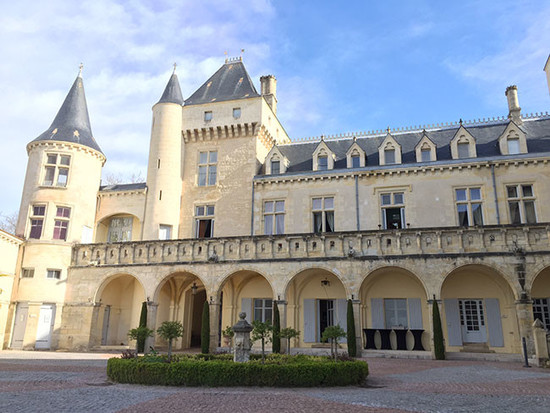
Do all wineries necessarily come with a beautiful château?
In Bordeaux, there are only a small number of wineries equipped with a beautiful château, most are just normal buildings. Most of the value of a property comes from the vineyard rather than the buildings. In Bordeaux, vineyard prices range from €15,000 to €7-8 million per hectare. Buyers need to thoroughly consider their priorities—vineyard or ‘château’?
Normally an investor aiming to live a cosy, country life will prefer to have a beautifully crafted building and a small premium vineyard. Being able to produce wines from their own château would greatly boost their sense of fulfillment. Those who are more familiar with the wine industry might consider putting more attention to the vineyard to create a sizeable production, even if there is a château involved, most likely it is reserved for developing wine tourism.
Does Sociétés d’aménagement foncier et d’établissement rural (SAFER) discriminate against Chinese buyers?
Some Chinese buyers might be under the impression that France discriminate against foreign investors and would actively interfere with the transaction. SAFER does audit the sales of the winery and reserves priority purchase right. But that right is reserved to ensure more efficient use of land and to promote agricultural development as a whole. All investors, be it from France or other countries, are subject to an audit by SAFER when acquiring a winery, so the audit itself is in fact not any kind of discrimination. It is actually very rare for SAFER to deny transaction; on the contrary, they often facilitate the sale of a property to ensure a smoother transaction. Therefore, there is no need to worry about that.
What about the daily operation and maintenance?
Business risk is just one part of the problem a new owner might be facing, natural disaster also plays a huge part, and it is even more unpredictable: drought, flood, frost, pest, disease etc. will cause a drop in either grape quality or yield and in turn generate less profit for the business. Plus France has strict regulations for vineyard management, such as: to ensure the vintage variation, no irrigation is allowed.
One thing that sets Bordeaux apart from other wine producing regions is that most of its wine is a blend rather than single varietal. This requires even more meticulous analysis on soil and micro-climate as well as a more demanding viticulture approach.
Due to the above reasons, many foreign investors have shown concerns towards how to manage the daily operation of the winery. In fact, such worries are again unnecessary. As a region with over 1000 years of vine growing history, Bordeaux is never in short supply of good vineyard and cellar workers. Even if the owner is not in the trade, there are plenty of professionals available for hire—which is evident to the prosperity of modern Bordeaux wine industry.
All rights reserved by Future plc. No part of this publication may be reproduced, distributed or transmitted in any form or by any means without the prior written permission of Decanter.
Only Official Media Partners (see About us) of DecanterChina.com may republish part of the content from the site without prior permission under strict Terms & Conditions. Contact china@decanter.com to learn about how to become an Official Media Partner of DecanterChina.com.


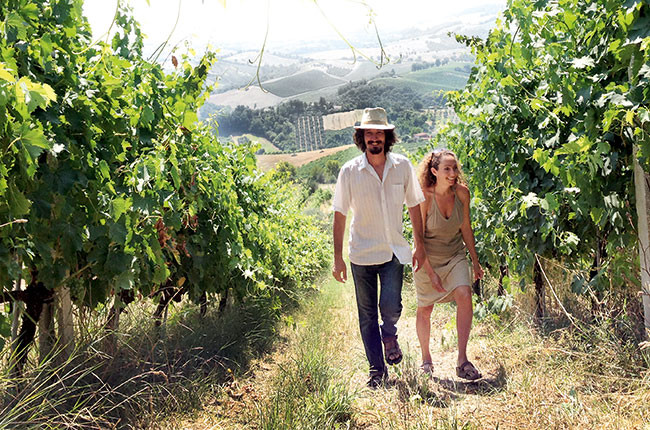
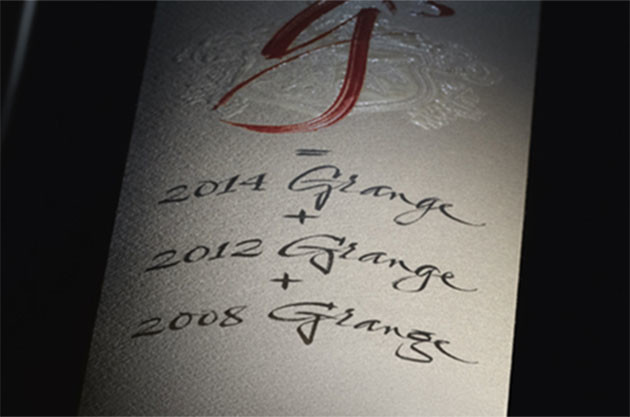
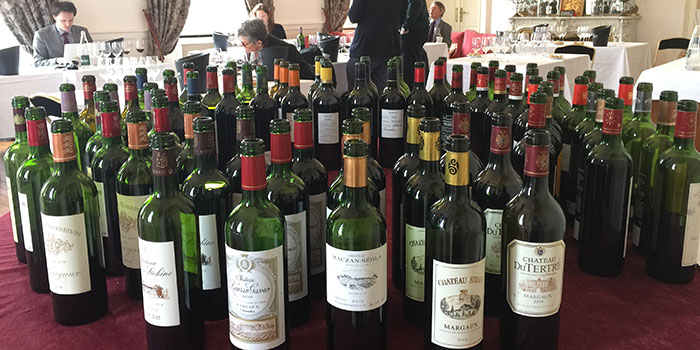
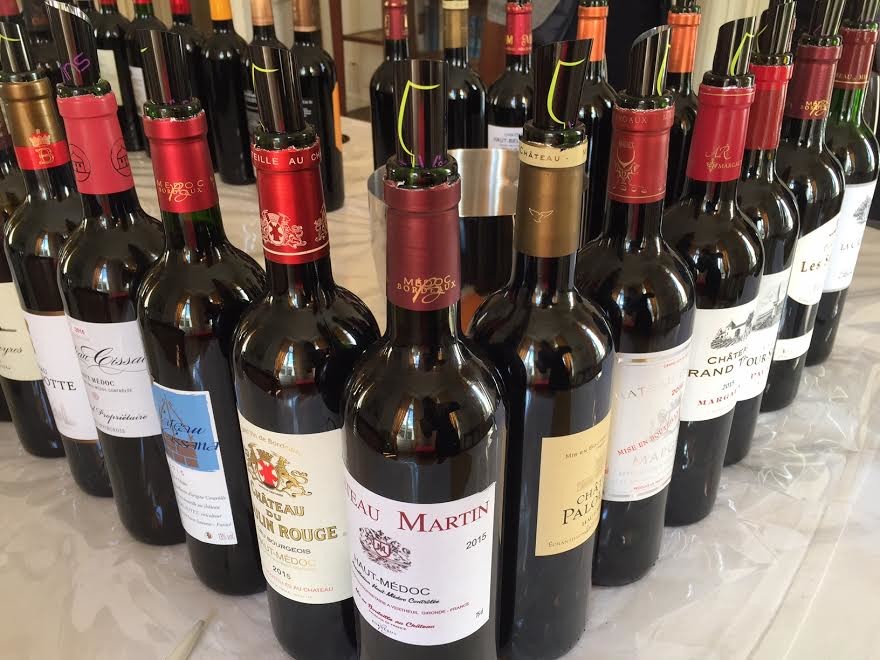
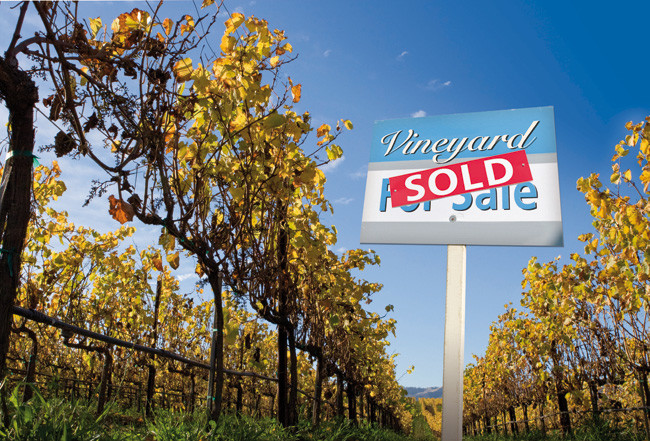
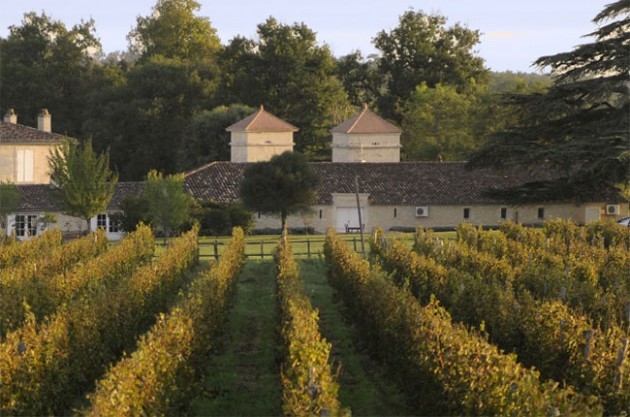
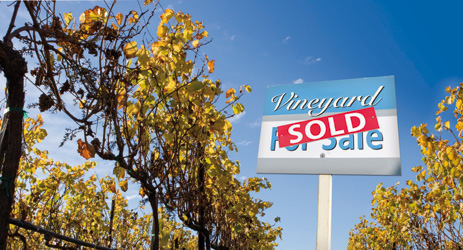
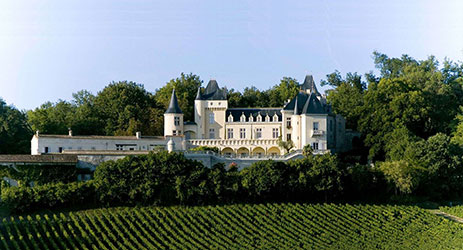
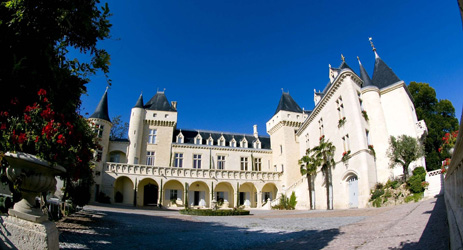
Comments
Submit